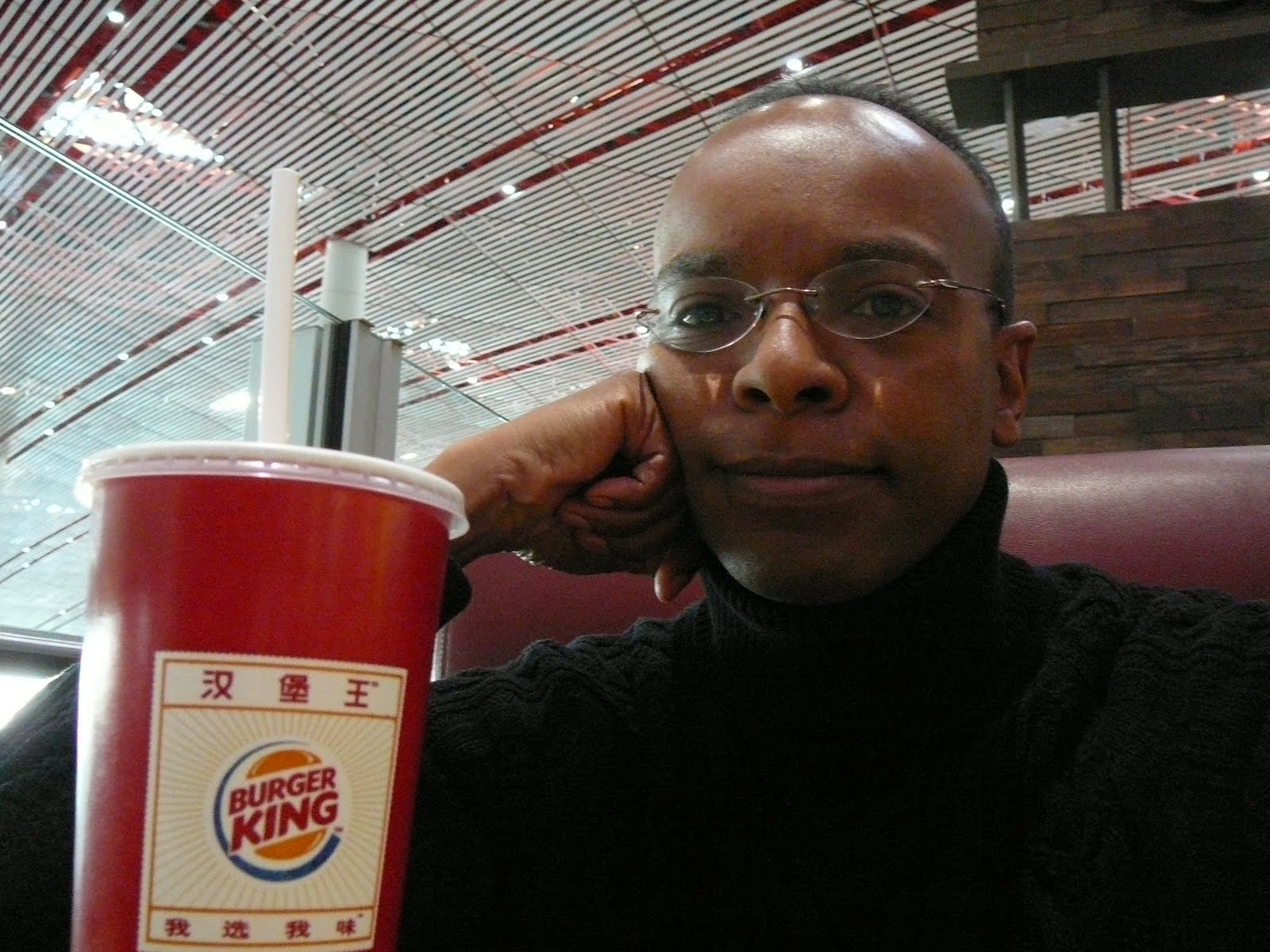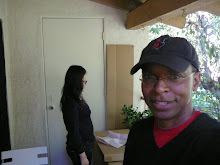
When I arrived in Beijing, I had dinner with an American friend of mine, one of the few people from the U. S. whom I knew here, and we talked about health care in China. At some point, I remarked that I used to suffer from daily headaches in the U. S., but then I discovered that a mix of medication and meditation (all right, most of it medication, I admit) solved the problem.
He said to forget about medication in China, and recommended, "a good massage will take care of your headaches. Everyone knows this."
I told him I did not need a massage. I said, "I need drugs!" I told him this in a voice loud enough to cause concern among the other men in the restaurant, at least those who weren't busy coughing up phlegm and spitting it on the floor.
This combination helped launch us into a discussion about Traditional Chinese Medicine which continues to this day. Because I spent the first 49 years of my life in the West, I don't have a very bright view of TCM. In fact, based on my experience with the health care system in China, if someone gave me the choice between treatment by a TCM physician or seeing a witch doctor, I'd be going to the guy wearing the grass skirt, war paint, and bone through his nose. After listening to some of the remedies TCM doctors have prescribed for me and others, it's hard to keep from wondering what bag of porridge rice they received their professional degrees from. The fact that they are wearing white lab coats is a joke, and probably ranks as an insult to medical science in general.
Don't get me wrong, I have a lot of respect for the culture of home-grown medicine and herbal cures for a variety of health issues. TCM is researched and practiced with growing popularity around the world. But when you land in a place where people rely on TCM (and only TCM) to deal with everything from common aches and pains to brain surgery, it is a shock. When the comedian Richard Pryor famously said, "the hospital is no place to get well," he must have had China in mind.
My wife complained to me one morning about having stomach cramps, which is not an uncommon thing to hear about. But because she is Chinese and relies completely on TCM, she suggested the cause of her pain was cold air entering her body through the pores of her skin. I tried to explain to her that menstrual cramping is created by changes in a woman's hormone levels that lead to painful muscle contractions, not because Jack Frost was nipping at her navel. She actually thought I was insane for recommending analgesics or other over-the-counter pain medication. I said, "okay then, rub some dirt on your stomach and see if it feels better." I think I'll be sleeping in the living room for a while.
I'm sorry, but if you ask me, a prescription of herbs and roots is just not an effective way to treat illness. On the other hand, I am convinced that a lot of feeling bad is all in your mind anyway, so maybe it's a good solution for the Chinese people, and a lot cheaper, too.
Whatever floats your boat for health care is fine with me. Just realize that for some of us, adjusting to Traditional Chinese Medicine is like trying to turn the Titanic around. It's gonna take some time.


No comments:
Post a Comment